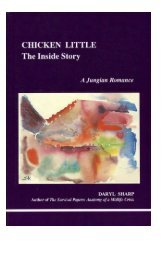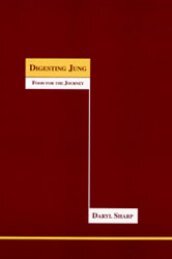Personality types: Jung's model of typology - Inner City Books
Personality types: Jung's model of typology - Inner City Books
Personality types: Jung's model of typology - Inner City Books
- No tags were found...
You also want an ePaper? Increase the reach of your titles
YUMPU automatically turns print PDFs into web optimized ePapers that Google loves.
66 Introversion and the Four FunctionsThe introvert is not forthcoming, he is as though in continualretreat before the object. He holds alo<strong>of</strong> from external happenings,does not join in, has a distinct dislike <strong>of</strong> society as soonas he finds himself among too many people. In a large gatheringhe feels lonely and lost. The more crowded it is, thegreater becomes his resistance. He is not in the least "with it,"and has no love <strong>of</strong> enthusiastic get-togethers. He is not a goodmixer. What he does, he does in his own way, barricadinghimself against influences from outside. . . . He is easily mistrustful,self-willed, <strong>of</strong>ten suffers from inferiority feelings andfor this reason is also envious. He confronts the world with anelaborate defensive system compounded <strong>of</strong> scrupulosity, pedantry,fru-gality, cautiousness, painful conscientiousness, stifflippedrectitude, politeness, and open-eyed distrust. . . . Undernormal conditions he is pessimistic and worried, because theworld and human beings are not in the least good but crushhim. . . .His own world is a safe harbour, a carefully tended andwalled-in garden, closed to the public and hidden from pryingeyes. His own company is the best. 73No wonder the introverted attitude is <strong>of</strong>ten seen as autoerotic,egocentric, egotistical, even pathological. But in <strong>Jung's</strong>opinion, this simply reflects the normal bias <strong>of</strong> the extravertedattitude, which is by definition convinced <strong>of</strong> the superiority <strong>of</strong>the object.We must not forget—although the extravert is only too proneto do so—that perception and cognition are not purely objective,but are also subjectively conditioned. The world existsnot merely in itself, but also as it appears to me. . . . By overvaluingour capacity for objective cognition we repress theimportance <strong>of</strong> the subjective factor. 74By the "subjective factor," Jung understands "that psychologicalaction or reaction which merges with the effect pro-73 Ibid., pars. 976f.74 Ibid., par. 621.










